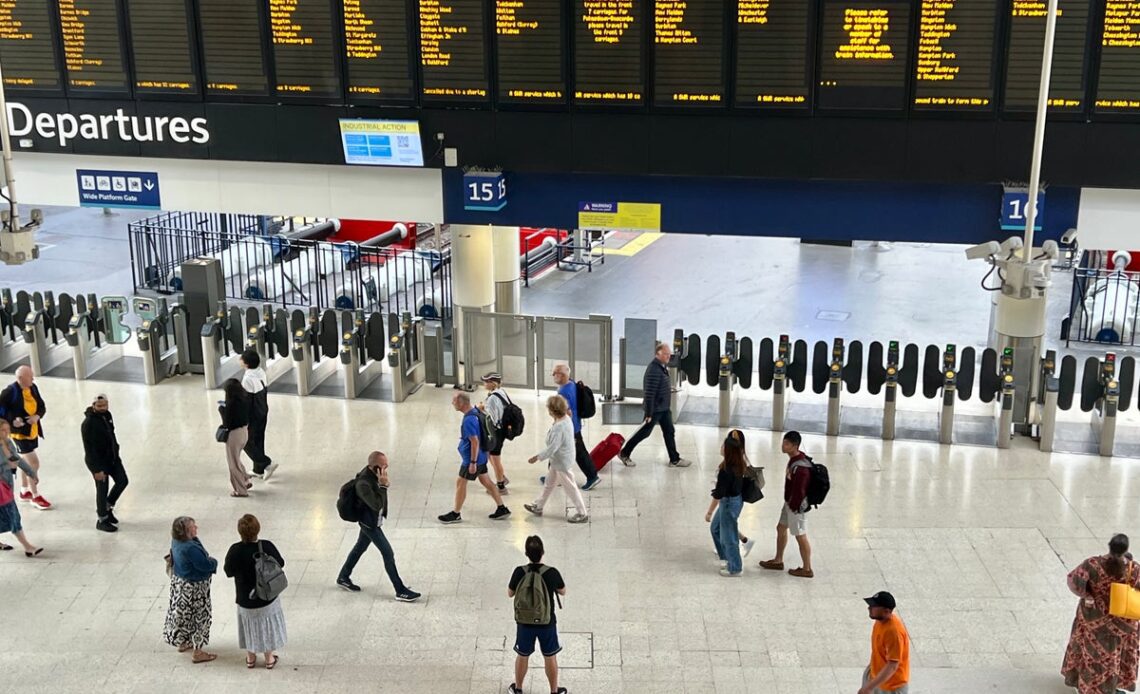The first national rail strikes since the 1980s began in June 2022. The unions involved are Aslef, representing train drivers, and the RMT – the largest rail union. They are involved in parallel disputes with the 14 leading English train operators over pay, jobs and working conditions.
The government – which contracts the rail firms to run trains – will sign off the final settlement. But the unions and management appear as far apart as ever.
Both unions are demanding no-strings increases that take into account the high level of inflation. They say they are prepared to discuss reforms, but these must be negotiated separately. They expect any changes to be accompanied by commensurate pay boosts.
Train operators and ministers insist modernisation is essential following the collapse of rail revenue. Much of the “bedrock” of season ticket sales has vanished since the Covid pandemic. The only way to award even a modest increase, the employers maintain, is to fund it out of efficiency savings.
The RMT has so far staged walk-outs on 33 days in the current wave of national strikes, with Aslef stopping work on 11 previous occasions.
Caught in the middle: the long-suffering passenger. For over 14 months, national rail strikes and other forms of industrial action have scuppered the travel plans of tens of millions of train passengers. Stoppages have been called frequently, causing massive disruption and making advance travel planning difficult.
Aslef has a combination strike and overtime ban for the start of September. Train drivers will walk out on Friday 1 September and refuse non-contractual overtime on Saturday 2 September – which is also the date of the next RMT strike.
These are the key questions and answers.
Who is taking industrial action, and when?
The train drivers’ union, Aslef, will stage a one-day strike on Friday 1 September and mount an overtime ban the following day.
The RMT says 20,000 of its members across 14 train operators will walk out for a second successive Saturday at the end of the summer holidays, on 2 September
Why have these dates been chosen?
As with any industrial action, strikers seek to cause as much disruption as they can. With rail commuting sharply down since the Covid pandemic, leisure passengers now comprise the main target.
The RMT strike on Saturday 2 September, is designed to wreck the travel plans of…
Click Here to Read the Full Original Article at The Independent Travel…
